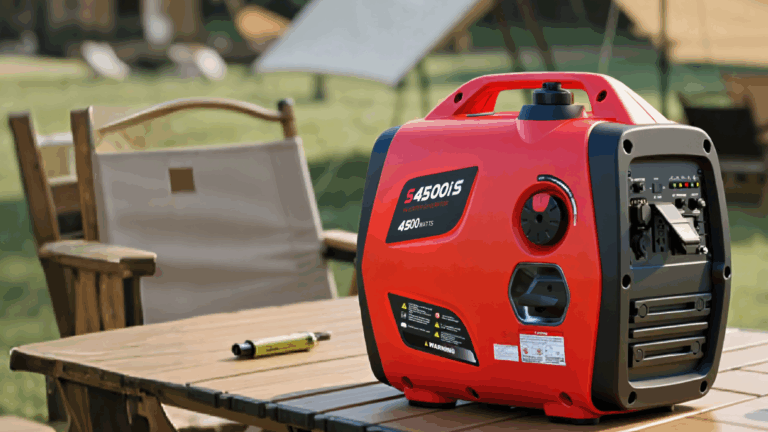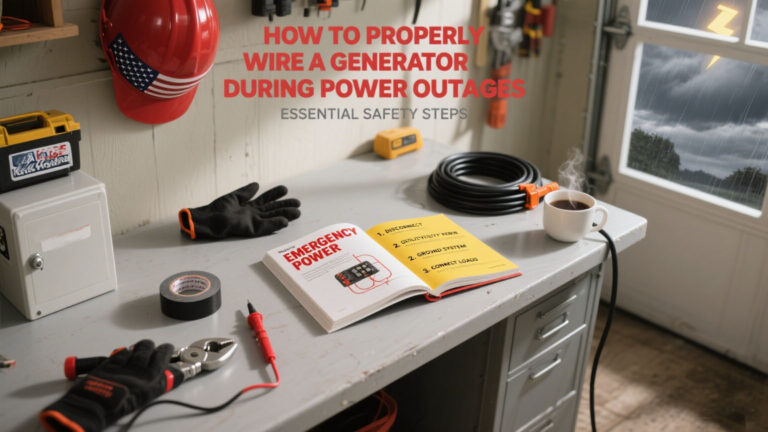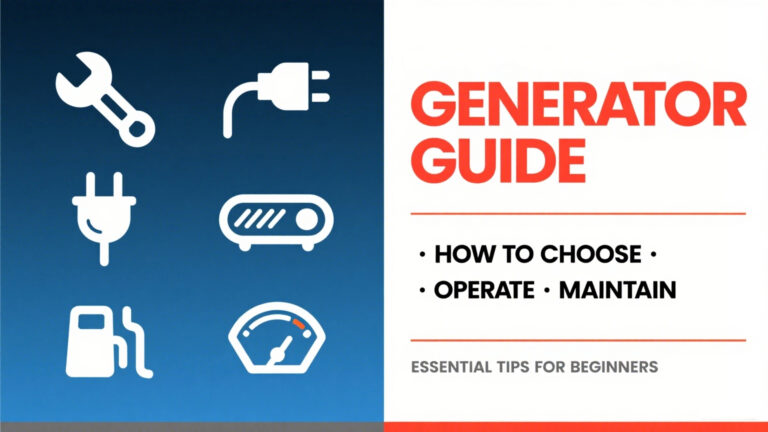Home Backup Power Guide: How Generators Solve Power Outage Problems
Power outages can strike at any time, leaving households without essential electricity. Whether caused by storms, grid failures, or planned maintenance, losing power disrupts daily routines and creates stress. A reliable home backup generator can be the difference between comfort and chaos.
Why You Need a Backup Generator at Home
Electricity powers almost every aspect of modern life. When the lights go out, we quickly realize how dependent we are. A home generator provides peace of mind by keeping critical appliances and systems running.
- Lighting and safety – Prevents your home from being plunged into darkness, reducing the risk of accidents.
- Refrigeration – Keeps food fresh and prevents costly spoilage.
- Heating and cooling – Ensures your HVAC system continues working in extreme weather.
- Medical equipment – Provides reliable power for essential health devices.
- Work and communication – Keeps WiFi, computers, and phones connected during long outages.
Types of Generators for Home Backup
Choosing the right generator depends on your home’s energy needs and budget.
- Portable generators – Affordable and easy to move, suitable for powering essential appliances.
- Inverter generators – Quieter, more fuel-efficient, and ideal for sensitive electronics.
- Standby generators – Permanently installed, automatically switch on during outages, and can power the entire home.
Key Features to Consider
Before investing in a generator, pay attention to:
- Power output (watts) – Match capacity to the appliances you want to run.
- Fuel type – Gasoline, propane, and diesel each have pros and cons.
- Noise level – Quiet models are better for neighborhoods.
- Run time and efficiency – Look for longer operation on a single tank.
- Safety features – Automatic shut-off, overload protection, and carbon monoxide detection.
Tips for First-Time Users
- Test your generator before an emergency to ensure everything works properly.
- Store extra fuel safely and check expiration dates.
- Never run a generator indoors or in enclosed spaces.
- Schedule regular maintenance, including oil changes and filter checks.
Final Thoughts
A home backup generator is more than a convenience – it is an investment in safety, comfort, and peace of mind. Whether you live in an area with frequent storms or occasional outages, having reliable backup power ensures your household stays prepared.






